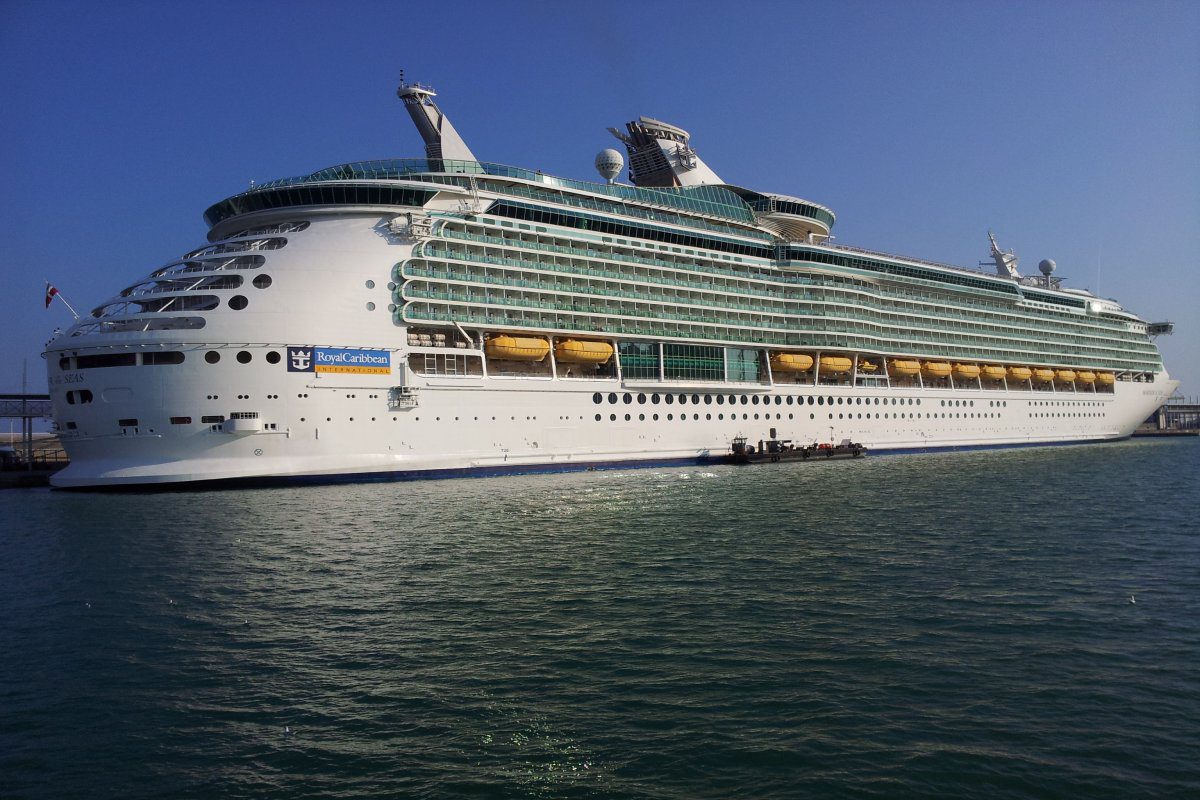Skift Take
Royal Caribbean's prediction that inflation wouldn't be an obstacle to its rebound has proven right so far. With the recent end of the CDC's cruise ship Covid tracker, the future looks much brighter for Royal Caribbean's rebound after a rough two years.
Cruise operator Royal Caribbean Group on Thursday reported a smaller-than-expected quarterly loss as bookings rebounded and travelers splurged on cabanas, spa treatments and watches while onboard.
The world’s second-largest cruise line operator is the latest company to report good results as travelers, free of restrictions related to Covid-19, spend heavily on rental cars, airline tickets and hotels.
“Despite concerns about the U.S. and global economy, high inflation and amid geopolitical uncertainty, consumers are choosing to spend their discretionary income on experiences, after more than two years stuck inside the house,” Similarweb travel and leisure analyst Jim Corridore said.
Onboard spending rose 30 percent across categories in the second quarter compared to pre-pandemic levels, the company told investors.
Shares in Royal Caribbean climbed about 5.5 percent to $36.85 in early afternoon trading.
Royal Caribbean said it returned its entire fleet back to operations, which Liberty called a “Herculean task.” Liberty also said Royal Caribbean’s websites are receiving close to double the visits compared to 2019, and are generating a record level of direct bookings.
The U.S. Centers for Disease Control and Prevention this month stopped reporting coronavirus levels for cruise ships in a move considered the next step toward a full return to normalcy for embattled cruise operators.
The industry has been steadily moving toward full occupancy after a near 18-month shutdown, with demand from loyal patrons proving a silver lining for cruise operators that are dealing with higher fuel prices and record debt levels.
Affluent guests have shrugged off inflation to splurge at casinos and spas on the ships, partly making up for the blow from cruise operators’ occupancy constraints. Occupancy has not yet returned to pre-pandemic 2019 levels.
“Yesterday, we sold just one of our over-water cabanas for one day for $4,000 and we just see there’s just a lot of demand for these experiences,” Chief Executive Officer of Royal Caribbean International Michael Bayley said.
The cruise operator’s revenue was $2.18 billion for the second quarter, compared with estimates of $2.11 billion, according to IBES data from Refinitiv.
Net loss narrowed to $521.6 million, or $2.05 per share, from $1.35 billion, or $5.29 per share, a year earlier.
Excluding one-off charges, Royal Caribbean lost $2.08 per share, smaller than estimates of $2.20.
Royal Caribbean still said the spread of Covid-19 in Europe and Russia’s invasion of Ukraine have lowered its occupancy levels on cruises around the continent, which carry higher-than-average ticket prices.
The owner of Celebrity Cruises and Silversea Cruises brands forecast total revenue of around $2.9 billion to $3 billion for the third quarter, compared with estimates of $3.03 billion.
It forecast per-share earnings to be between 5 cents and 25 cents for the third quarter, compared with estimates of 92 cents, due to higher fuel and food costs.
(Reporting by Praveen Paramasivam in Bengaluru and Doyinsola Oladipo in New York; Editing by Shounak Dasgupta, Maju Samuel and Will Dunham)
This article was written by Praveen Paramasivam and Doyinsola Oladipo from Reuters and was legally licensed through the Industry Dive Content Marketplace. Please direct all licensing questions to [email protected].
![]()
The Daily Newsletter
Our daily coverage of the global travel industry. Written by editors and analysts from across Skift’s brands.
Have a confidential tip for Skift? Get in touch
Tags: coronavirus recovery, cruises, earnings, royal caribbean, royal caribbean cruises
Photo credit: Cruise ship near Barcelona, Spain Mohamed Adel / Unsplash
